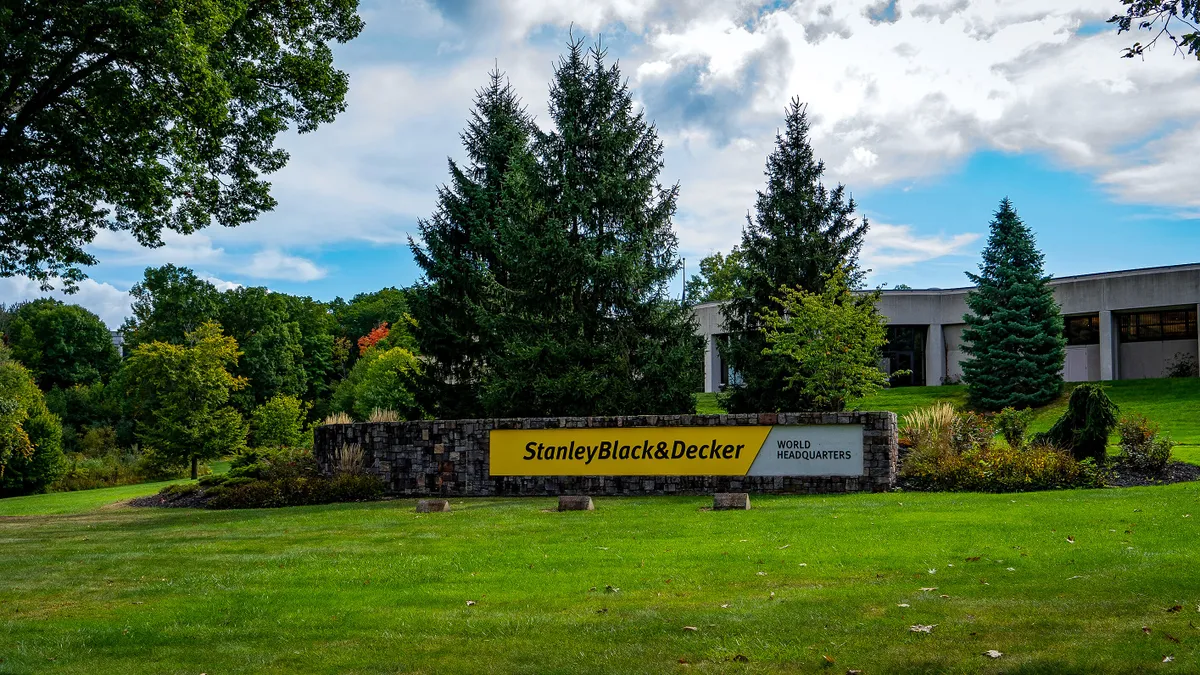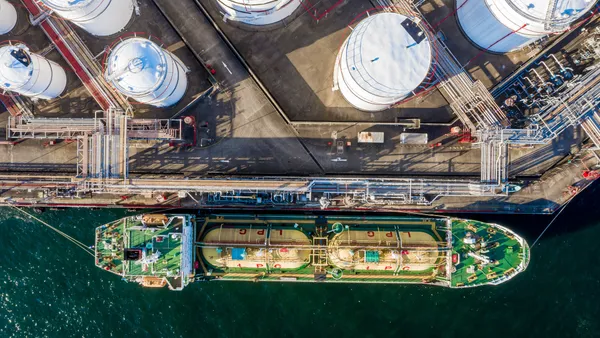Dive Brief:
- Stanley Black & Decker has been planning for the possibility of a change to U.S. tariff policies following today’s election since the spring by running through various scenarios a new administration could enact, President and CEO Donald Allan said during an Oct. 29 earnings call.
- The toolmaker’s “fairly robust” mitigation plan for the next two years includes moving production and other aspects of its supply chain from China to other countries in Asia or possibly Mexico, the CEO told analysts.
- Allan added that it’s “unlikely that we're moving a lot back to the U.S. because it's just not cost effective to do. And there's questions about whether we even have the labor to actually do that in this country.”
Dive Insight:
During his campaign, former president Donald Trump has proposed a 20% raise on tariffs for nearly all imports and a 60% or more duties increase on China-made goods. Additionally, the Biden-Harris administration finalized a slew of heightened tariffs on products from China in September.
In turn, tariffs have been a topic of discussion for several companies as they strategize mitigation plans ahead of the U.S. election. This includes Stanley Black & Decker, which has more than 100 manufacturing facilities in its network, 50 of which are located in the U.S., according to a fact sheet on its website.
Part of the toolmaker’s mitigation plan includes working through the price increases associated with tariffs, Allan said. Once the tariffs become “more concrete,” the CEO noted that Stanley Black & Decker will focus on getting those price changes into the market within a “reasonable time frame.”
But there is a lot to be determined depending on how the election and ensuing policy plans play out, Allan said.
“Is it going to be just China? Is it going to be every country? Is it going to be 60% China? Or is it going to be 25% China for everything?” Allan said on the call.
Regardless of the election outcome, the CEO said that the company has “a playbook on the shelf ready to go.”
The toolmaker has also been working to educate different politicians to understand tariff impacts on the industry and other supply chain dynamics.
Many other companies are striving to reduce their exposure to tariffs, which are expected to impact several industries. For instance, Helen of Troy — the parent company of Osprey and Hydro Flask — is diversifying its sourcing base to limit potential tariff impacts.
“If Trump wins the election, we are likely in a new tariff regime,” Allan said. “It is a question of the magnitude at this point exactly how that will be rolled out and will it be specific to industries or more broad-based? How many countries will be covered in it?”















